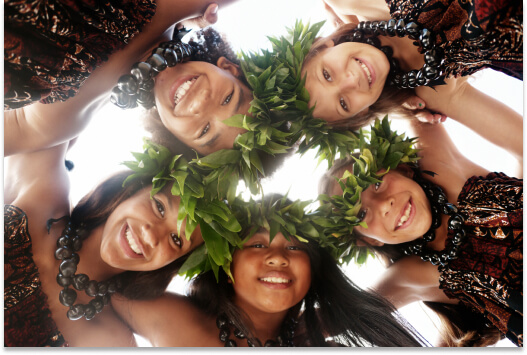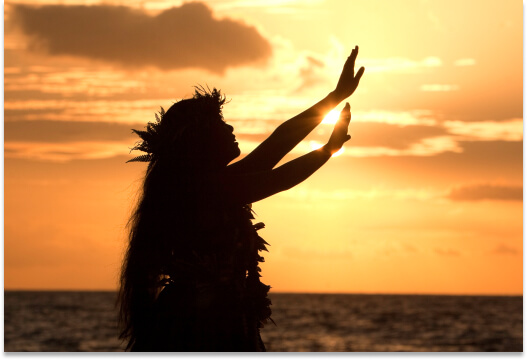Supporting Hawaiian People, Land, Arts and Culture
Keiki Hula’s mission is to keep Hawaiian culture alive through dance, and in doing so, teach new generations to carry on the traditions of hula dancing. Hawaiian Bros is honored to support outreach programs like Keiki Hula who enrich Hawaiian culture in local communities as well as extend authentic Hawaiian knowledge beyond the Hawaiian Islands.


Hawaiian Bros is actively seeking to engage hālau (hula academies) and Hawaiian civic clubs in our local markets to help support their initiatives to bring awareness and cultural enrichment to communities. And did you know a hālau is a great way to learn traditional Hawaiian hula dances and discover performances near you?
Interested in partnering with Hawaiian Bros? We would love to hear from you.
The language of Hawai‘i has Polynesian roots, which evolved over centuries to the language used on the islands today. It is one of the oldest living languages, passed from generation to generation through spoken word story-telling until the mid-1800s when written language was introduced.
Hawaiian culture, as well as words and expressions, are rooted in nature, spirituality and family. These ideas were an important part of connecting families and sharing traditions through oral history.
aloha
[ ah-loh-hah ]
A catch-all word of good intentions and feelings. Used as a greeting or parting, but also means love, affection, kindness and goodness. In Hawaii, people do things with aloha: drive, surf, work and live.
Sunscreens that contain harmful chemicals (oxybenzone and octinoxate) are banned in Hawai’i. These products are harmful to coral and marine life. Avoid sunburn and damage to Hawai’i’s reefs by using reef-safe sunscreen and/or protective clothing.